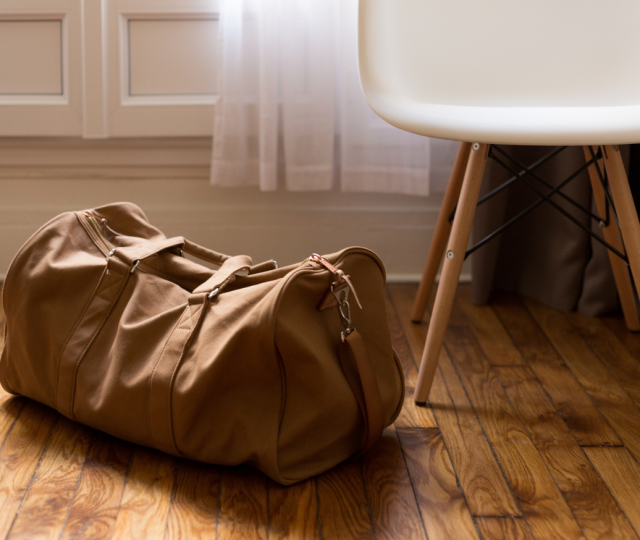Items to bring for your hospital stay
As you’re preparing for your hospital stay, make sure you pack the following items:
- Personal Identification - be sure to carry two different pieces of ID when you come to hospital.
- Learn more about Personal ID to bring
- Your valid BC Services Card and any other relevant health services cards or information.
- Prescription medications that you currently take should be brought in with their original packaging. The doctor or nurse will review them and let you know if there are any necessary changes.
- Learn more about your medications to bring
- Completed history and physical form and test results (if applicable).
- Physician's office letters you have received (if applicable).
- Items for your personal care: basic toiletries (e.g. toothbrush, toothpaste, deodorant, shampoo, lotion, hairbrush, dentures, razor), pajamas/nightgown, bathrobe and proper footwear (flat, enclosed heels, rubber soles or lace-up shoes).
- Free Wi-Fi is available; consider bringing your own device and charger for personal use
Do not bring valuables such as large sums of money, credit cards, or jewelry (rings and watches that you normally wear should be left at home).
Interior Health cannot be held responsible for any lost or stolen items. Should you need to make any payments for a private room or equipment, arrange to have someone drop of your credit cards, cash, or cheque book when it’s time for you to go home from hospital.














